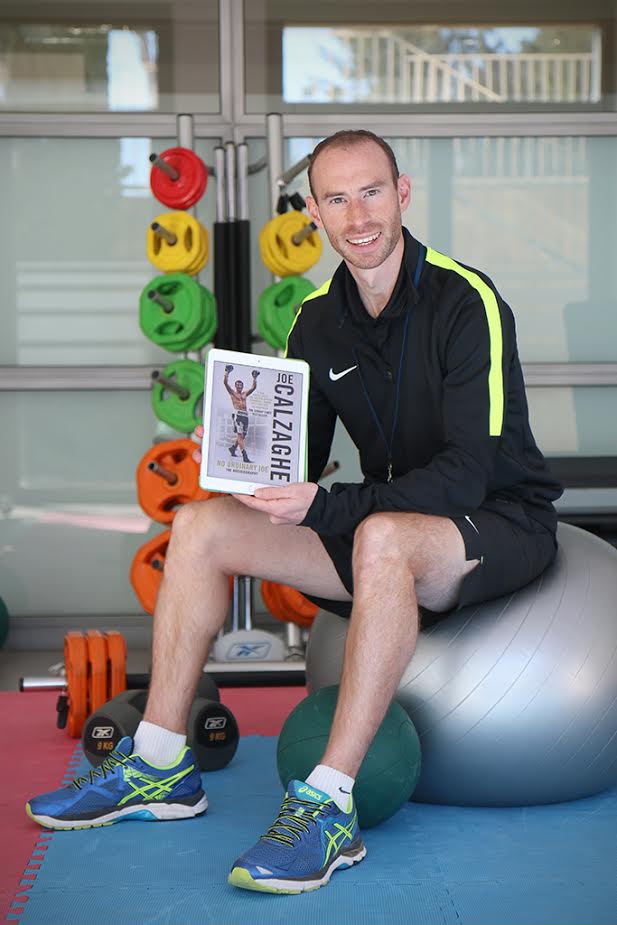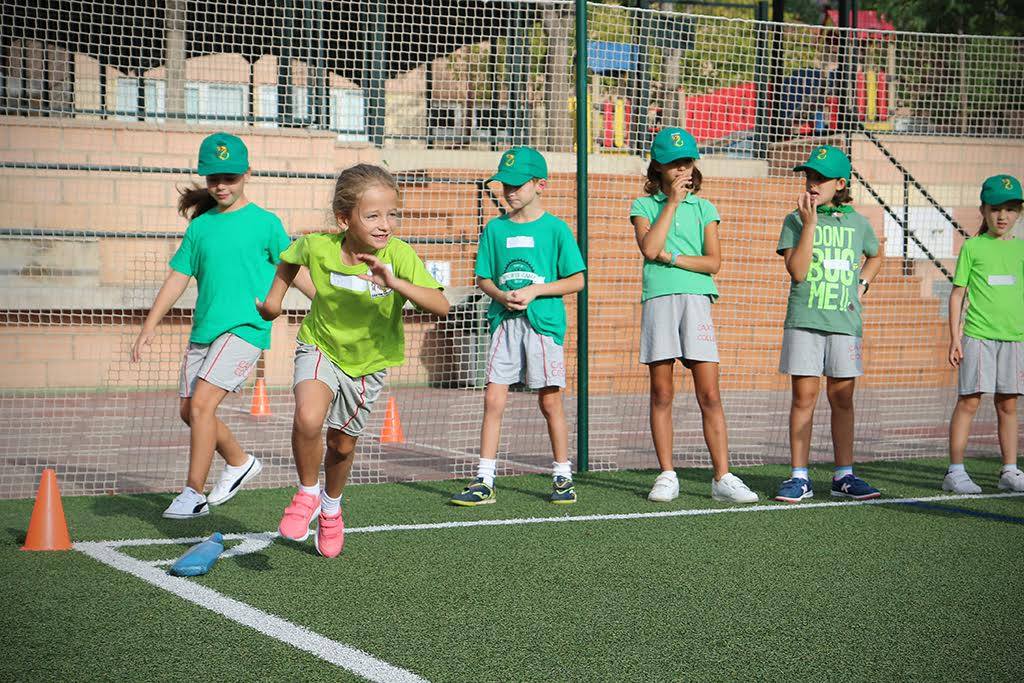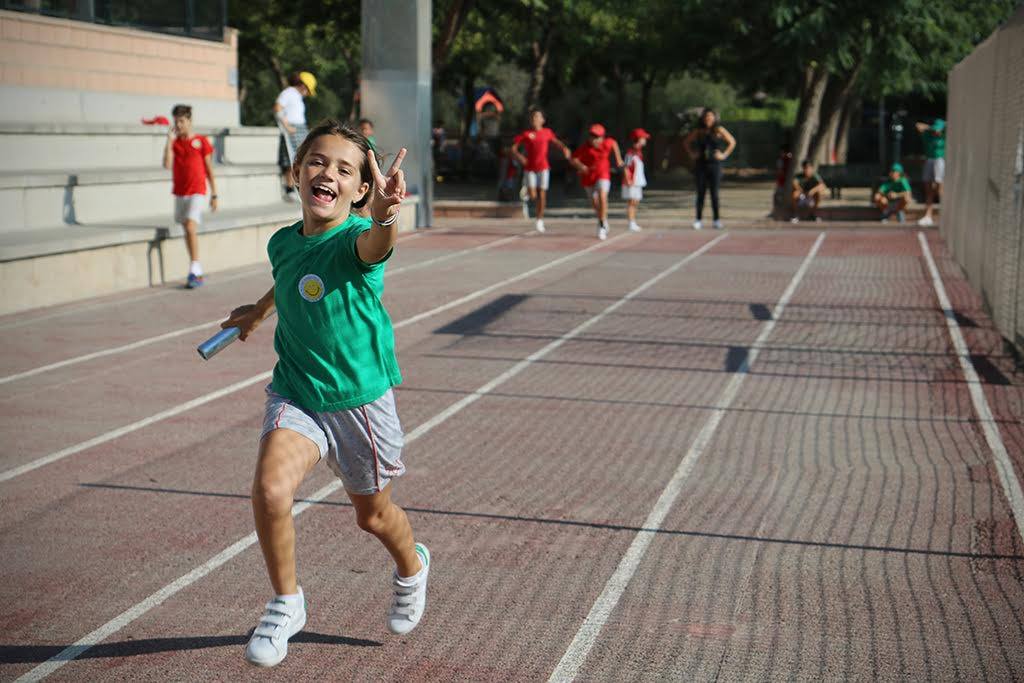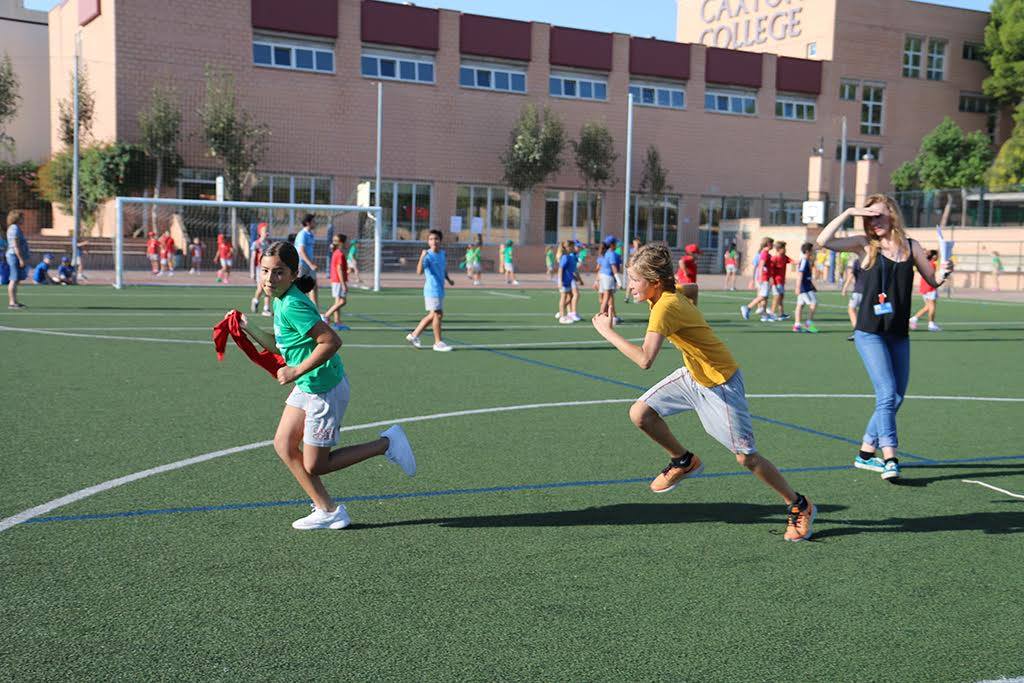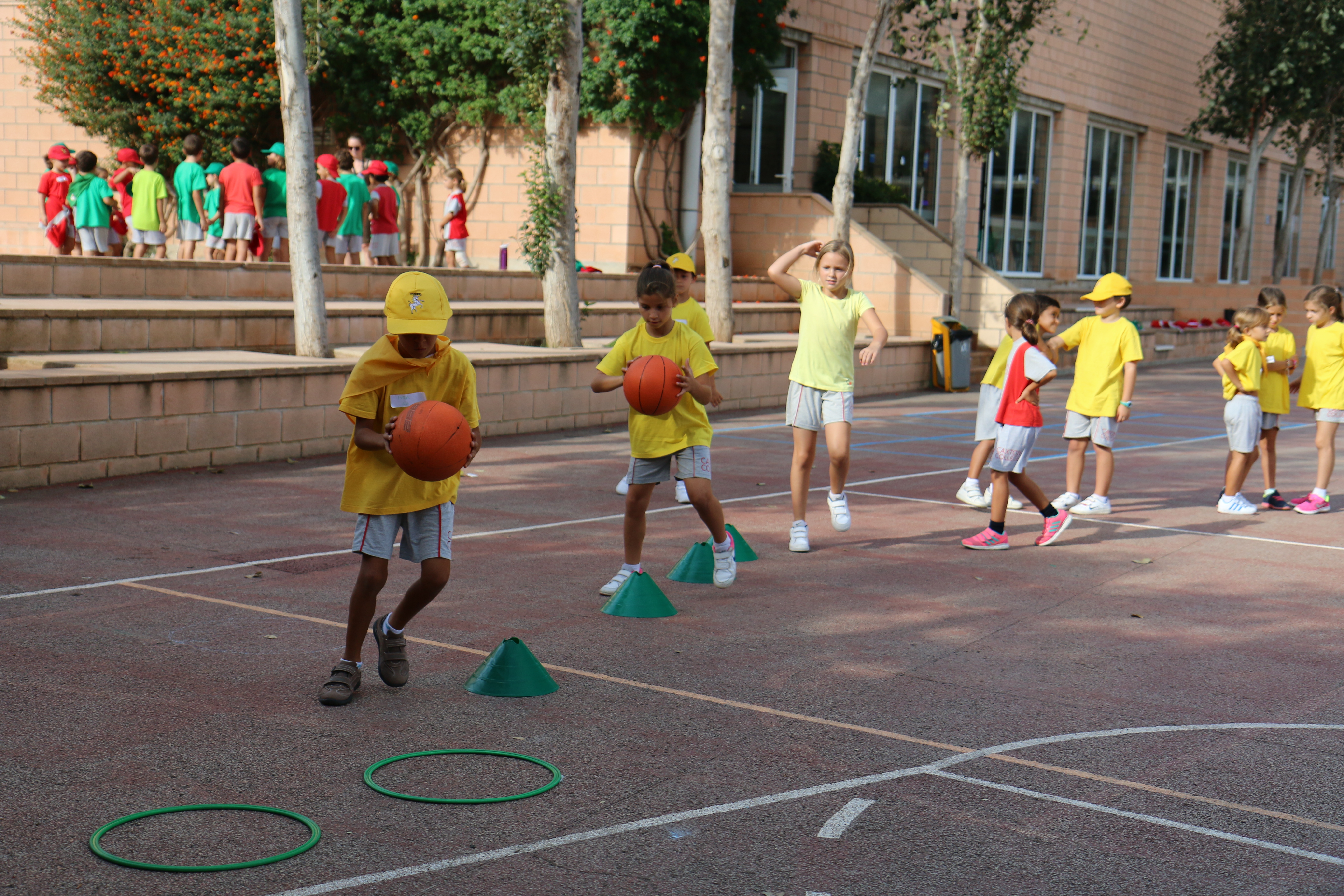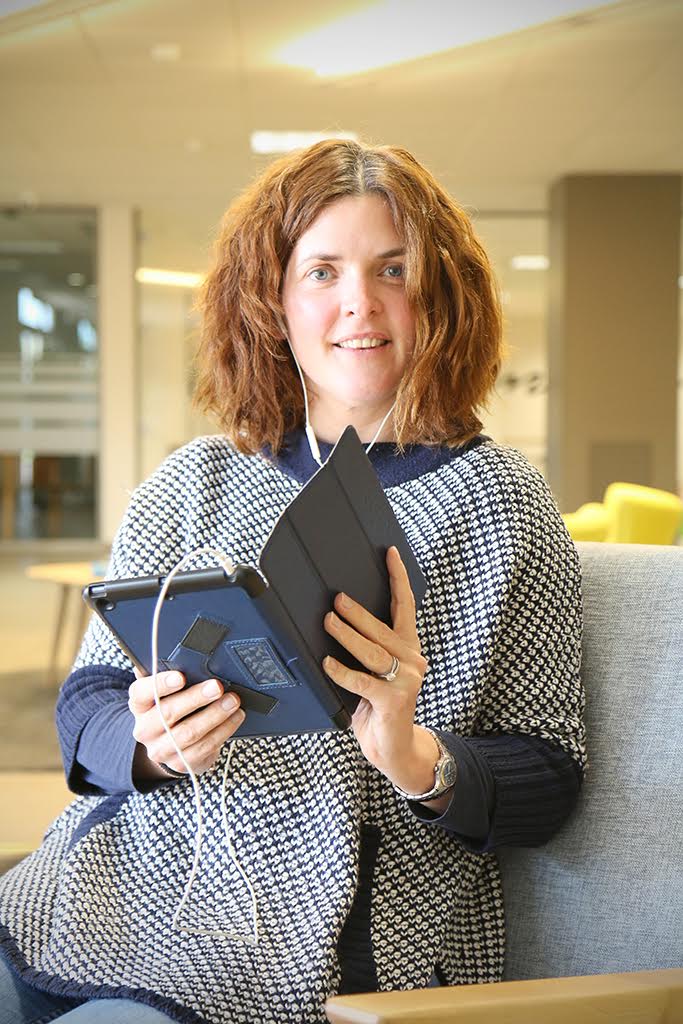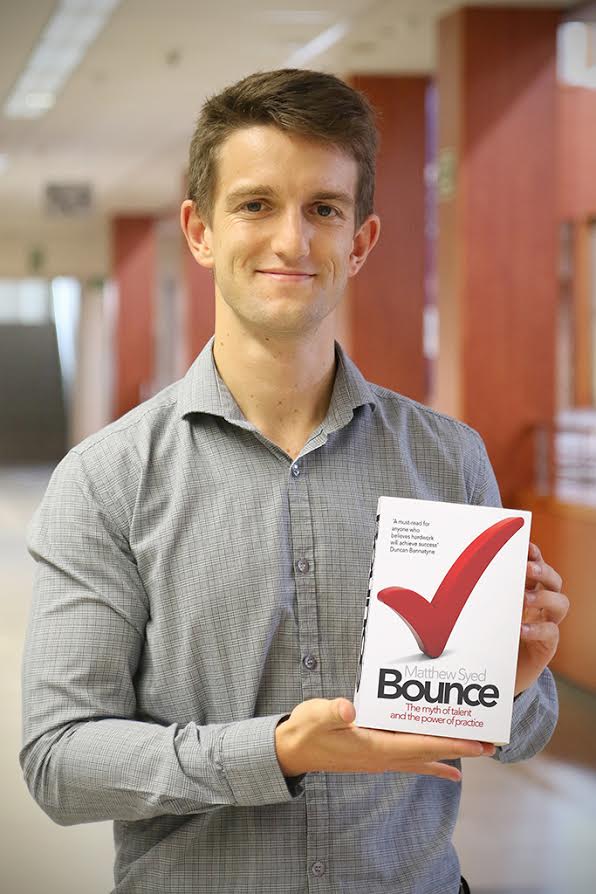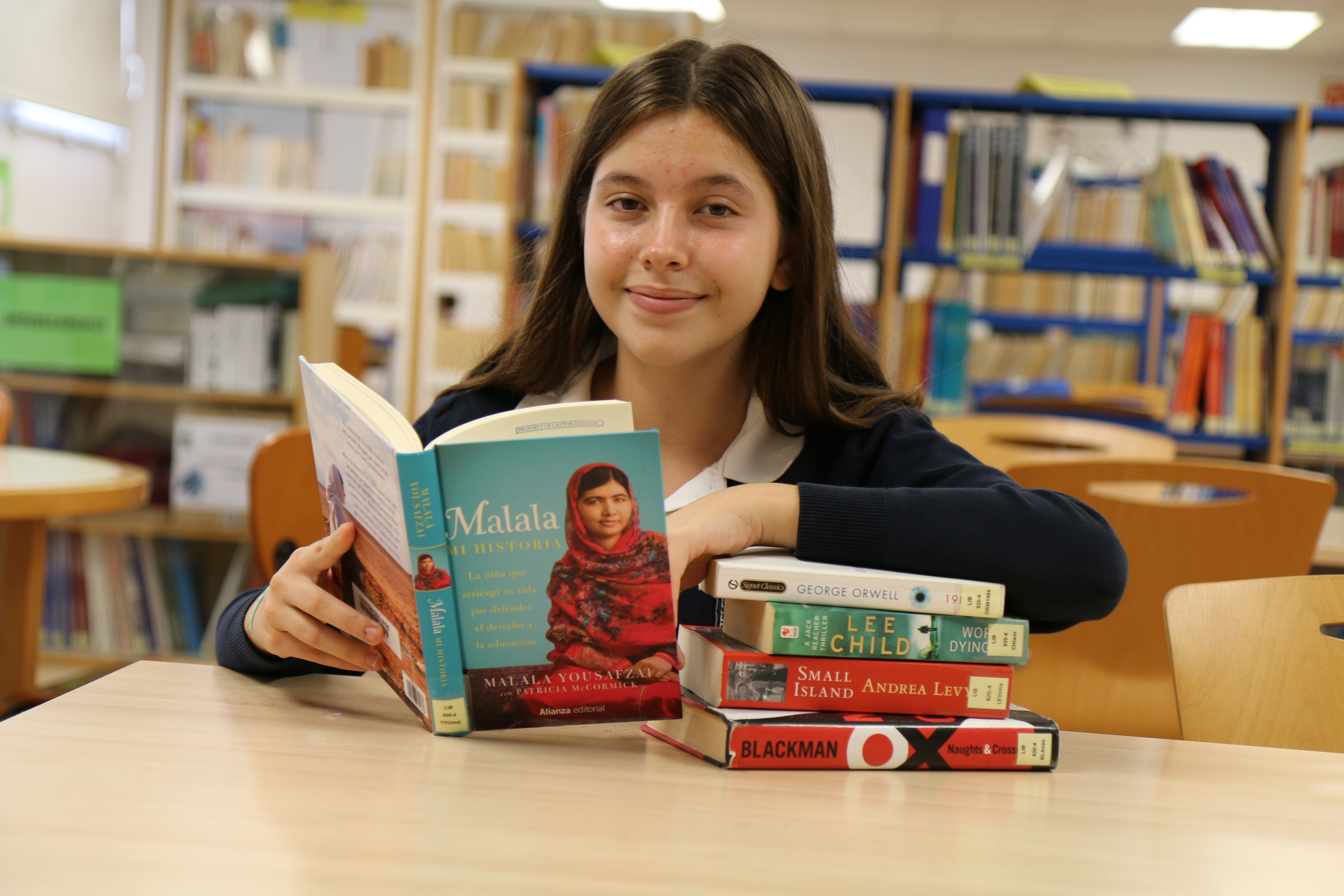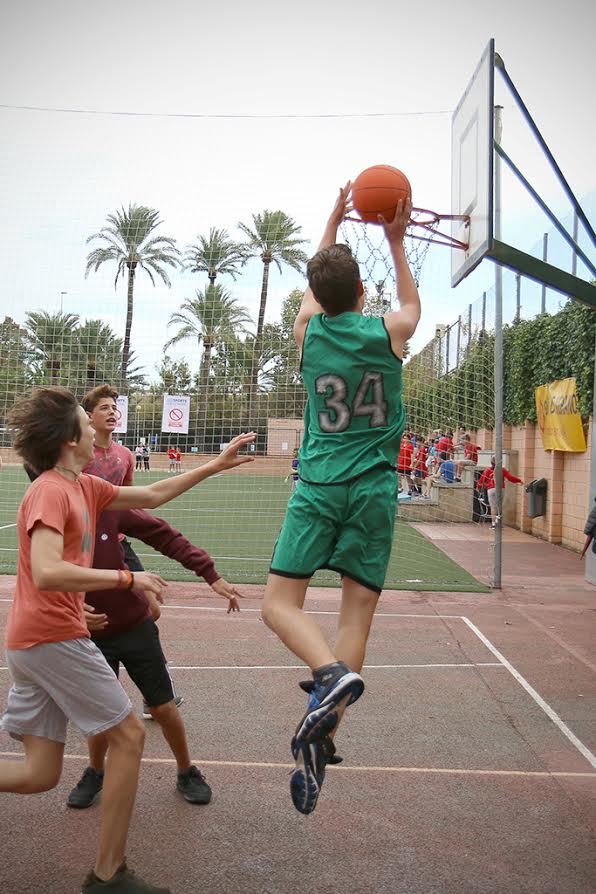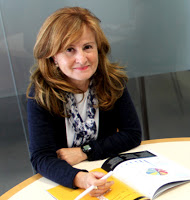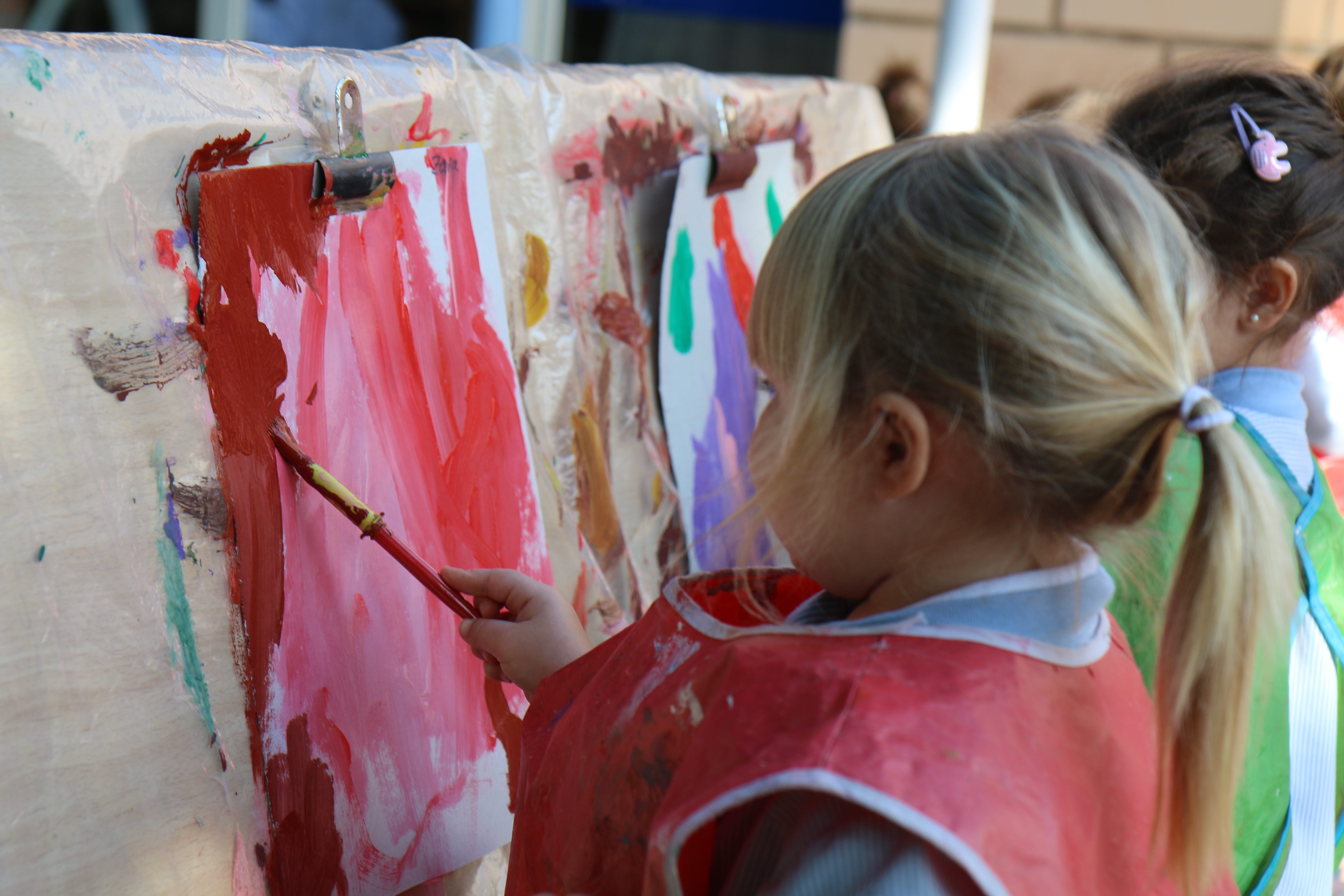
Por Belén Palacios, Coordinadora del Departamento de Español de Primaria de Caxton College
Desde hace ya algunos años son cada vez más numerosas las voces que se alzan contra uno de los enemigos silenciosos más letales de los países desarrollados: la prisa.
Si lo pensamos detenidamente, son muchas las ocasiones en las que a lo largo del día dejamos de hacer algo (o lo hacemos de mala manera) por este motivo. Prisa por hacer varios recados antes de llegar al trabajo, por entregar un informe, por hacer los deberes antes del entrenamiento, por bañar a los niños antes de la cena…
Siempre hay algo que hacer después, a lo que nunca llegaríamos a tiempo si no fuese corriendo (a veces, por desgracia, lo de “correr” es literal). Y es que tenemos el día tan lleno de obligaciones que hemos de vivir cada vez a mayor velocidad para poder abarcarlo todo.
Este estilo de vida tan moderno y chic (porque parece que si no corres, si estás ocioso, es que eres una especie de “vago” o que tu vida no sirve a un propósito lo suficientemente elevado) tiene un precio muy caro. Poco a poco nos impregnamos de una sensación de urgencia que acaba por transformar un saludable estado de alerta en un estrés prolongado que nuestro organismo es incapaz de tolerar.
Nosotros tenemos la opción de decidir qué estilo de vida queremos llevar. Como adultos con sentido común y criterio propio decidimos si queremos correr o frenar. Pero… ¿Y nuestros niños? Decidimos por ellos y a menudo los arrastramos con nosotros, saltando de una hora a la siguiente, de un recado a otro, cargados de bolsas de la compra, dispositivos electrónicos varios, la mochila del colegio y la equipación para las extraescolares.
¿Es justo que nuestros niños crezcan así? Menos mal que están a salvo de todo esto durante el tiempo que pasan en el colegio… ¿o no? ¿Cómo es la jornada escolar de nuestros niños? ¿Cómo transcurren las lecciones que se imparten en las aulas? Pues por desgracia, más o menos de la misma forma ya que el currículum es tan amplio y las obligaciones son tantas que cada vez exigimos más y más a los niños, impidiéndoles ser lo que son…avasallando su derecho a vivir a un ritmo adecuado a su edad.
Afortunadamente las voces de las que hablaba al principio están teniendo cada vez más resonancia y lo que se ha empezado a denominar “The slow teaching revolution” se está convirtiendo en una filosofía de vida, una forma de enseñar que vuelve la mirada hacia el niño y que entiende la escuela y el currículum como medios para formarlo y no como fines en sí mismos.
Autores como Gianfranco Zavalloni[1] o Joan Domènech[2] nos demuestran que los educadores (tanto padres como maestros) si tenemos elección.
Es algo tan fácil (y tan difícil) como ser más selectivo con aquello a lo que dedicamos nuestra atención y nuestro tiempo…y ese algo…hacerlo a fondo. Cada vez que dedicamos a un tema el tiempo que se merece multiplicamos su nivel de asimilación.
En la escuela, se trataría de enfocar la programación no desde el currículum sino desde el perfil final que queremos que tenga el alumno. Esto ha de ser, evidentemente, un proyecto de centro y ha de formar parte de la visión y la misión del mismo.
Si queremos fomentar la creatividad y el pensamiento crítico, resulta indispensable dejar tiempo a lo largo del día (y de las sesiones en el aula) para leer, pensar, reír y respirar. Hemos de dejar tiempo para debatir. Hemos de permitir a los alumnos se tomen unos segundos para ordenar sus ideas antes de responder, que respiren despacio, que observen, que investiguen…no apremiando a los más lentos…sino enseñando a todos a detenerse de vez en cuando y a respetar los ritmos de cada uno, a colaborar unos con otros.
Los maestros hemos de replantearnos nuestras rutinas, cuestionarnos cada detalle de nuestro día a día y detectar qué nos está acelerando a nosotros y a nuestros niños.
Como afirma Zavalloni, “la educación lenta no supone enseñar despacio sino poner en marcha estrategias didácticas que nos ayuden a desacelerar el ritmo al que obligamos a trabajar a los niños” o en palabras de Domènech, “La educación lenta es un paradigma que no pretende hacer las cosas despacio, sino saber encontrar precisamente el tiempo justo para cada cual y para cada actividad pedagógica”.
Educar para la lentitud significa respetar el ritmo de cada niño y el tiempo de cada aprendizaje. Implica seleccionar contenidos y planificar muy bien, sin sobrecargar las sesiones. Y si no, que cualquier maestro se pregunte cuántas veces sus niños no acaban las tareas propuestas a tiempo y por qué. Se trata de poner los procesos por encima de los resultados.
Implica también eliminar los estímulos excesivos, modificar el entorno. Respirar, practicar el mindfulness…pero no con ellos cuando entran del patio alterados…¡sino con nosotros! A ellos basta con leerles cinco minutos. El efecto es el mismo y además fomentamos la lectura.
Hemos de parar de vez en cuando a respirar y practicar la relajación consciente antes de tomar decisiones tan importantes como la mejor manera de combinar a los niños en los grupos de trabajo o cómo solucionar un conflicto en el aula.
Vivir más despacio nos ayudará a encontrar la inspiración para enfocar cada situación de nuestra vida de manera creativa. Nos ayudará a focalizar la atención, a ser más eficaces, a cuestionarnos más las cosas. No en vano se dice que “La paciencia es la madre de todas las ciencias”.
[1] “La pedagogía del caracol. Por una escuela lenta y no violenta”, Zavalloni, G; Ed. Graó 2011.
[2] “Elogio de la educación lenta”, Domènech Francesch, J; Ed. Graó , 2009.
The Wisdom of the Snail
By Belén Palacios Head of Primary Spanih Department at Caxton College
Over the last few years, more and more voices have been raised in protest against one of the most lethal silent enemies in the developed world: The constant need for speed.
If we stop to think about it for a minute, there are many occasions throughout the day when we stop doing something (or we do it sloppily) because we are in a hurry. We rush to do errands before getting to work, to hand in a report, to finish homework before training, to bath the children before dinner-time, and so on.
We always have something to do later, which we could never do on time unless it was in a rush (sometimes, we are literally running to get things done). And the sad fact is that our day is so full of obligations that we are living at an ever-increasing pace in order to fit everything in.
This modern, chic lifestyle (so-called because if you are not running everywhere, if you are relaxed, then you are “lazy” or your life does not have a high enough purpose), demands a very high price. Bit by bit we become filled with a sensation of urgency which ends up transforming a healthy state of alertness into prolonged stress which our organism is incapable of coping with.
However, we at least have the option of deciding what type of lifestyle we want. As adults with common sense and our own criteria, we can decide whether we want to run or to slow down. But… what about our children? We decide for them and we often drag them along with us, jumping from one activity to the next, from one errand to another, weighed down with shopping bags, electronic devices, a school bag and their sports kit.
Is it fair for our children to have to grow up like this? Well, at least they are safe from all of this rushing during the school day… Or are they? What is the school day like for our children? How do their lessons take place in the classroom? Unfortunately, the answer is that it’s more or less the same, because the curriculum is so broad and there are so many obligations that we are demanding more of our children, and not allowing them to be themselves. We are undermining their right to live at a pace that is suitable for their age.
Luckily those same voices that I mentioned at the start of this article are beginning to be heard more, and what is being called “The slow teaching revolution” is gradually becoming a philosophy for life. It’s about a way of teaching that brings the focus back to the child and that understands that the school and the curriculum are media to help shape them, and not an end in themselves.
Authors such as Gianfranco Zavalloni[1] or Joan Domènech[2] show us that educators (parents as well as teachers) do have a choice.
It can be as easy (or as difficult) as being more selective with what we decide to dedicate our attention and our time to… and whatever that is, doing it properly. Every time we give an activity the time it deserves, we greatly increase how much we get from it.
In school, the programme of studies should not be focussed on the curriculum, but on the qualities that we would like to instill in our students. This, obviously, is a job for the school and must form a part of their vision and mission statement.
If we want to encourage creativity and critical thinking, it is indispensable to leave some time during the day (and in the classroom lessons) for reading, thinking, laughing and just breathing. We must make time for debate. We have to allow our students to take a few seconds to put their ideas in order before answering, to let them breathe slowly, to observe, to discover… not by rewarding the slowest ones, but by teaching all of them to stop once in an while and to respect that everyone has their own pace, and to learn to cooperate with each other.
As teachers, we must rethink our routines, questioning every detail of our day and trying to pinpoint what it is that is speeding things up for us and for our children.
As Zavalloni says, “slow education does not mean teaching slowly, just putting certain didactic strategies into place that can help us to slow down the pace at which we are forcing children to work”. Or, in the words of Domènech, “Slow education is a paradigm whose aim is not to do everything slowly, but rather to find the right amount of time needed for each and every pedagogical activity”.
Slow teaching means respecting the pace of each child and the time that each learning experience needs. It implies selecting content and planning thoroughly, without overloading the sessions. And if not, then every teacher should be asking themselves how many times their students do not finish the tasks set on time, and why. It’s about putting the process ahead of the results.
It also implies eliminating excessive stimuli, and modifying the environment. Breathing, practising Mindfulness… not when they have just come in from the playground and are all excited, but for ourselves! For the children, it’s enough to read to them for five minutes. The effect is the same, and it also promotes an interest in reading.
We need to stop from time to time to breathe and to practise relaxing consciously before making such important decisions as the best way to combine children in groups to work together, or how to solve a conflict in the classroom.
Living more slowly will help us to find the inspiration to focus every situation in our lives in a more creative way. It will help us to focus our attention, to be more efficient and to question more. It’s not for nothing that we say, “Patience is a virtue”.
[1] “La pedagogía del caracol. Por una escuela lenta y no violenta”, Zavalloni, G; Ed. Graó 2011.
[2] “Elogio de la educación lenta”, Domènech Francesch, J; Ed. Graó , 2009.


